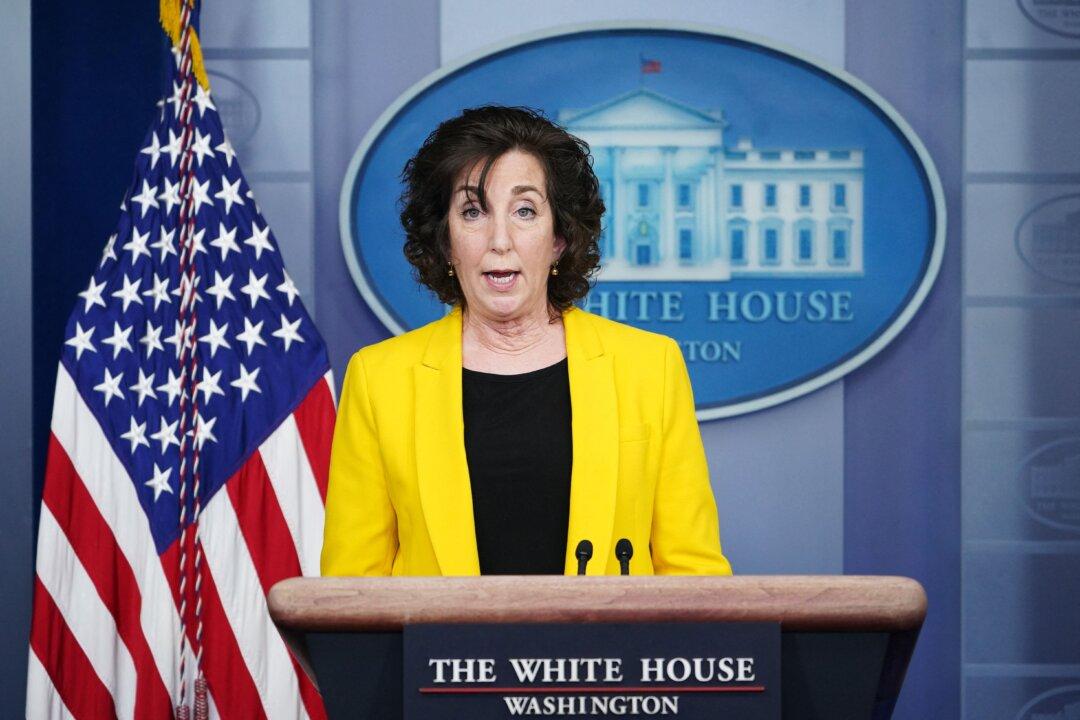The Biden administration reiterated on March 10 that the U.S.–Mexico border is “not open,” while also expressing a desire to “expand safe and legal avenues to the United States,” as it announced the restarting of a program to help minors be reunited with a parent legally in the United States.
At a daily press briefing, Special Assistant to the President & Coordinator for the Southern Border Ambassador Roberta Jacobson told reporters the United States “must build a better immigration system that reflects our values as Americans.” Press secretary Jen Psaki also was at the briefing.





